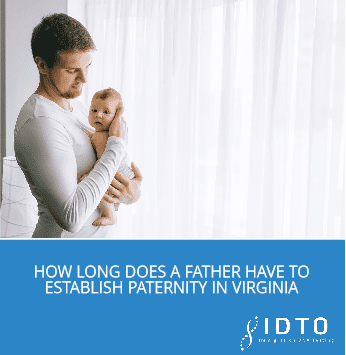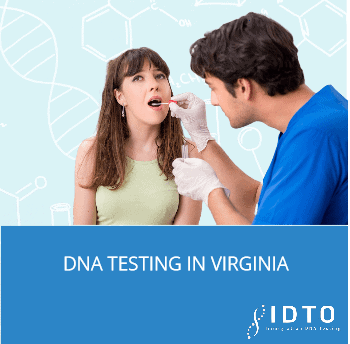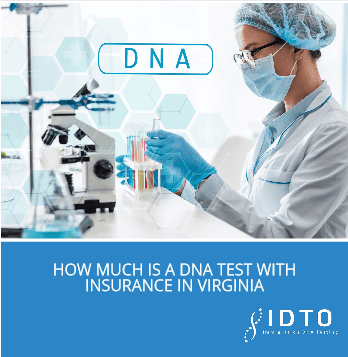Every child deserves a strong support system, both emotionally and financially. But when children are born to unmarried parents in Virginia, the legal father isn’t automatically involved. Establishing paternity isn’t just about paperwork; it’s about building a foundation for a secure and fulfilling future for both the child and the father. In this post, we will provide a clear guide on Virginia paternity establishment.
How Long Does a Father Have to Establish Paternity in Virginia?
When a child is born in Virginia to unmarried parents, the biological father’s name is not automatically entered on the birth certificate or considered the legal father. However, establishing paternity puts in place parental rights and responsibilities for the father. It also benefits the child for financial support and gaining rights like inheritance or insurance coverage.
In Virginia, there is technically no statute of limitations for establishing paternity. A father has no set deadline when the child turns 18 years old to commence the legal process of establishing himself as the child’s legal father. This time-frame gives fathers the flexibility to come forward when ready to formalize the relationship and take on supporting duties.
However, although rights exist for the duration of childhood and teenage years, prompt action comes with critical benefits. The sooner a legal bond forms, the more quickly child-related decisions and financial assessments initiate. Delaying indefinitely can jeopardize custody standing, visitation access, and the developing relationship.
As the additional text pointed out, establishing paternity as soon as possible benefits the child by ensuring access to support. Life events like marriage, relocation, or deployment could also complicate future court proceedings if litigation routes become necessary.
Establishing legal paternity also unlocks additional rights for the child, like access to Social Security benefits if the father passes away or veteran benefits if he served in the military.
There are three main ways to establish paternity in Virginia:
- Voluntary Acknowledgement of Paternity Form
- Genetic Testing arranged through Social Services or privately with DNA Testing company like IDTO
- Court Order mandating testing if disputes arise
The benefits of formalized paternity extend to inheritance rights, child support eligibility, health insurance coverage, and granting custodial rights to confirmed biological fathers as well.
So while Virginia laws allow 18+ years, fathers should consider the legal and emotional impacts of acting early when evaluating the most responsible timeline. Proactive measures align with a child’s best interest in the majority of cases.
Additional Points
The information discussed on this page should not be deemed as legal advice and it for informational purposes only. We recommend that you speak with a legal professional in Virginia regarding paternity establishment to further understand the process.



